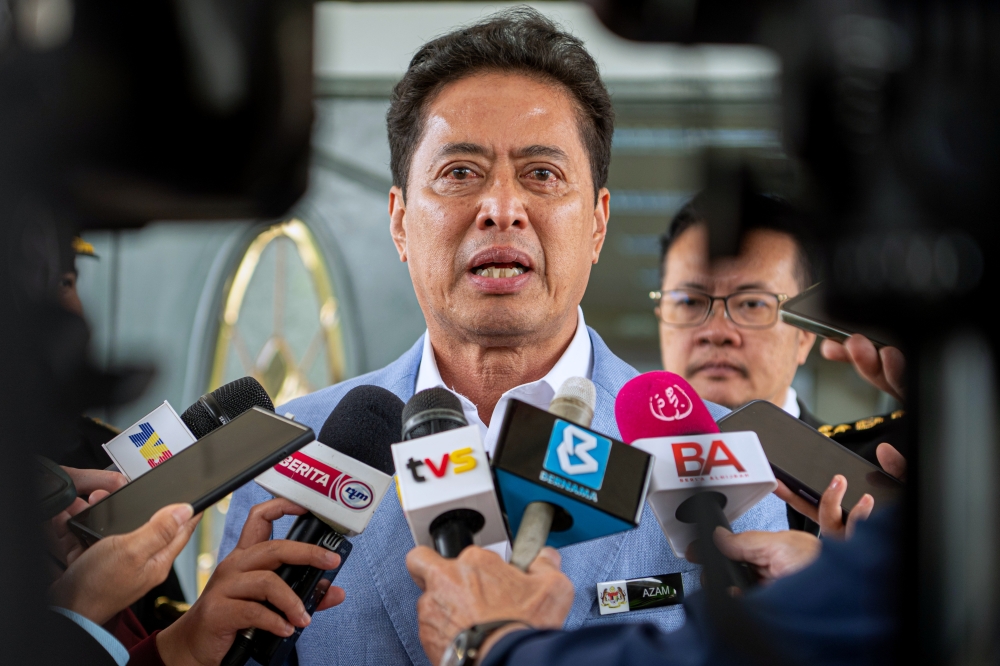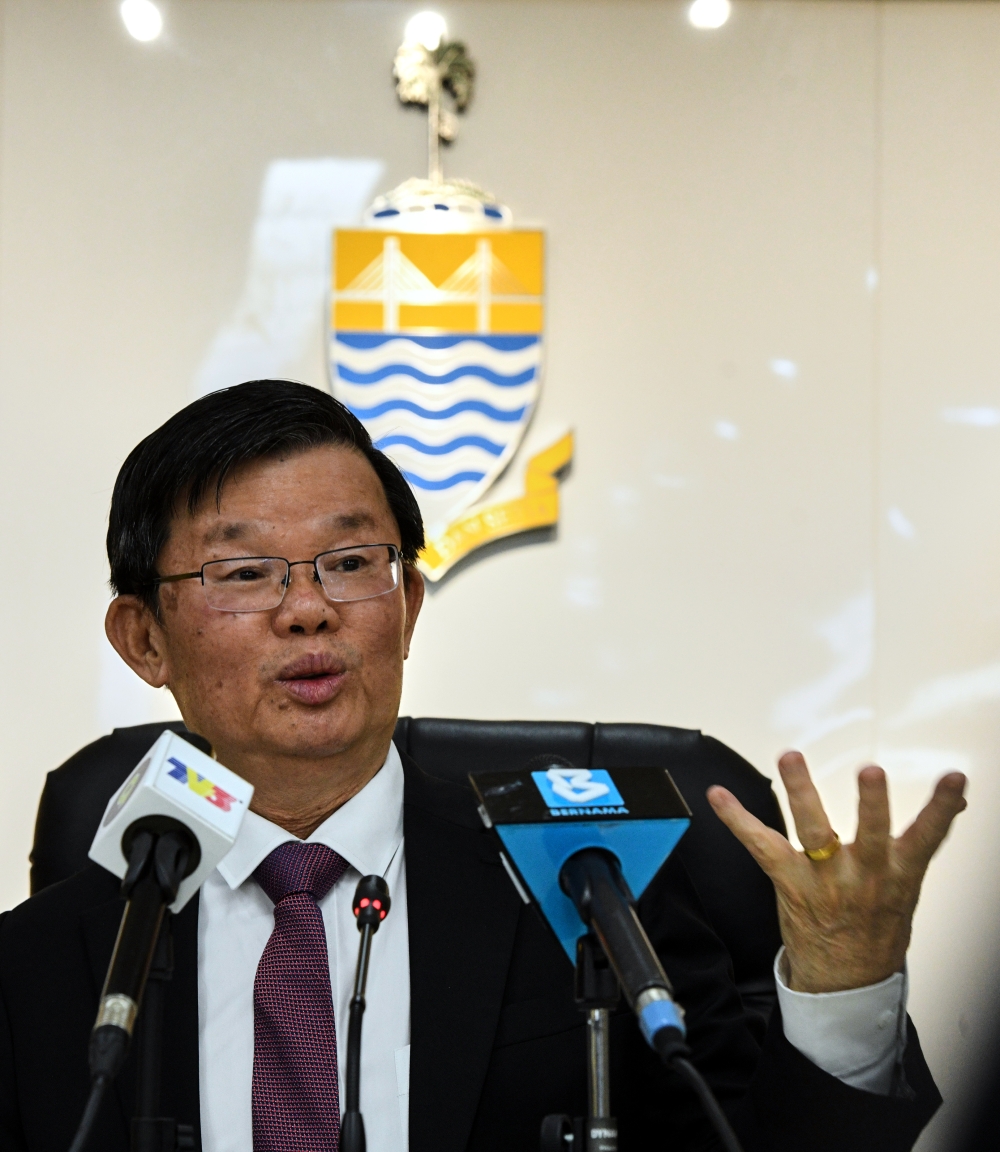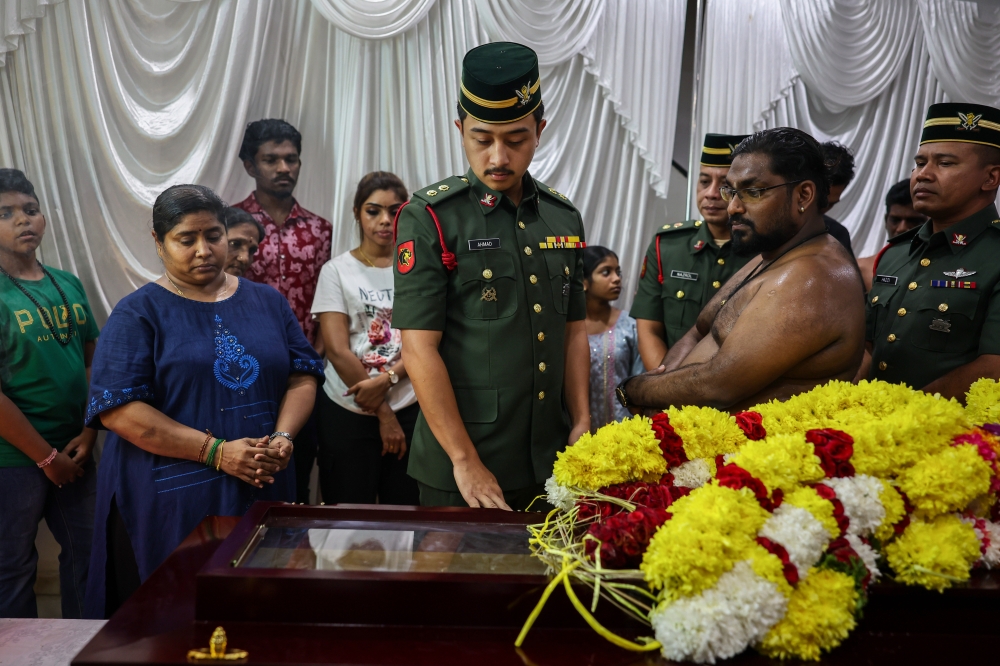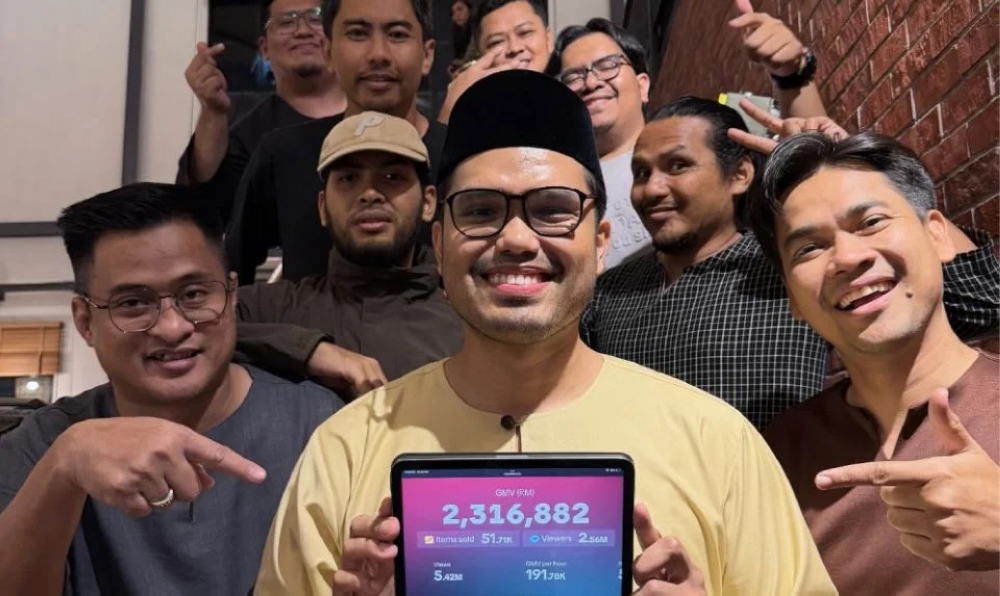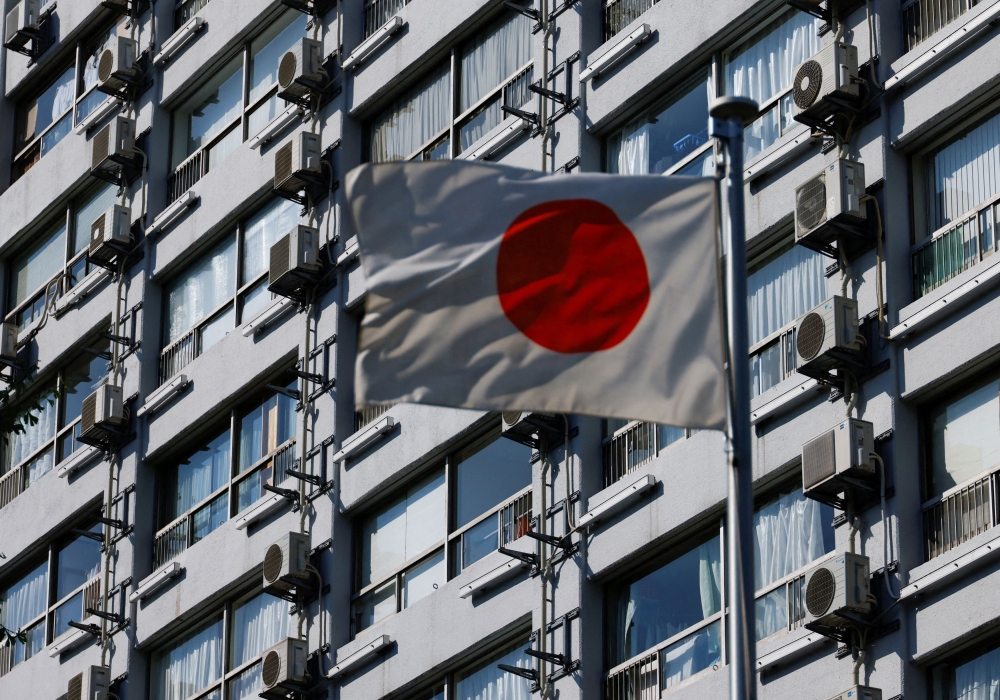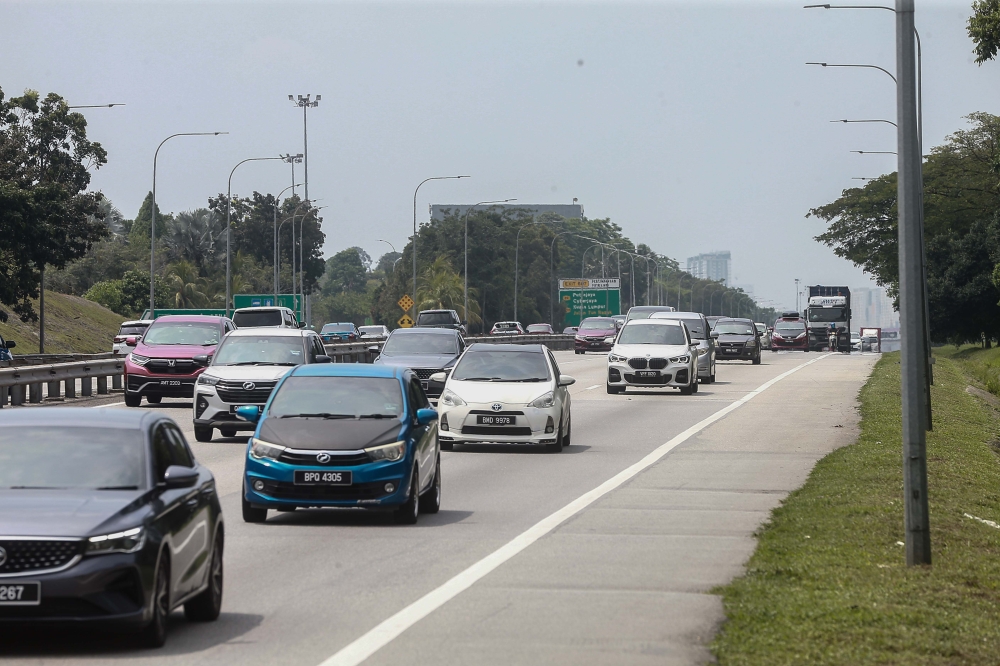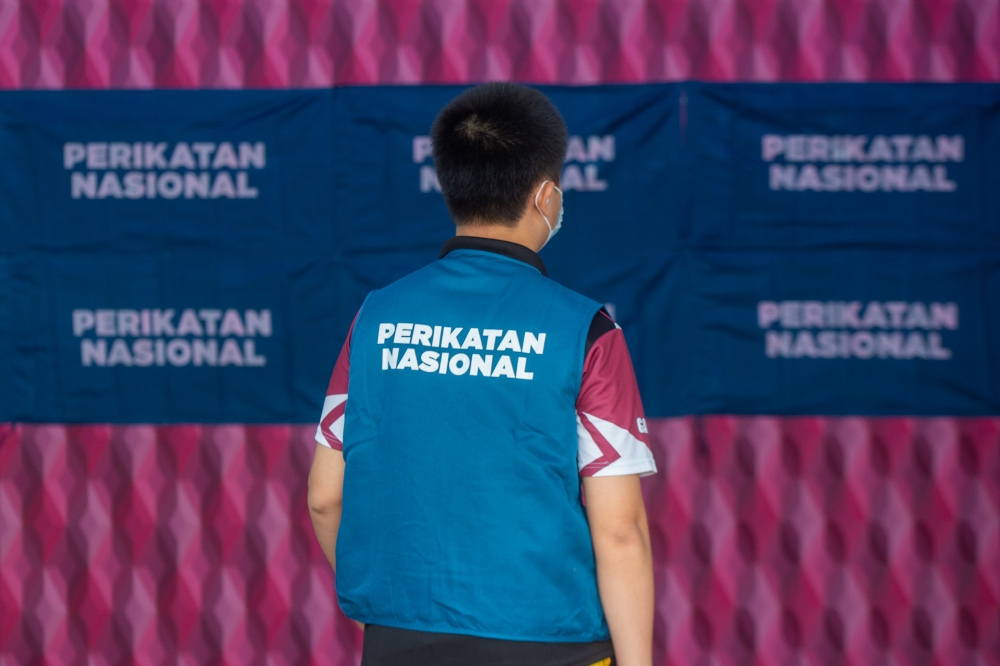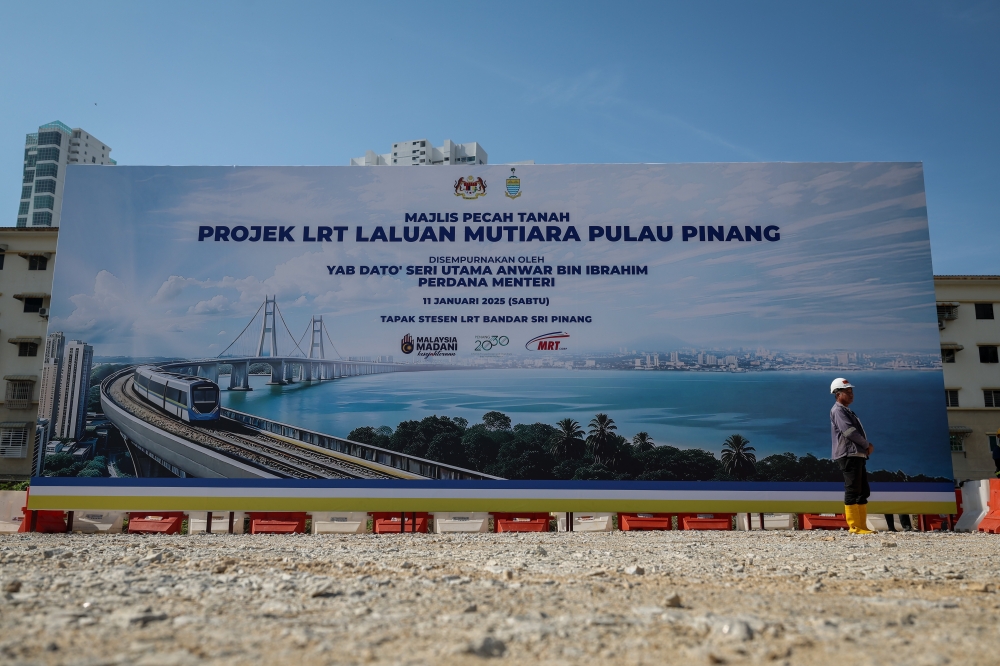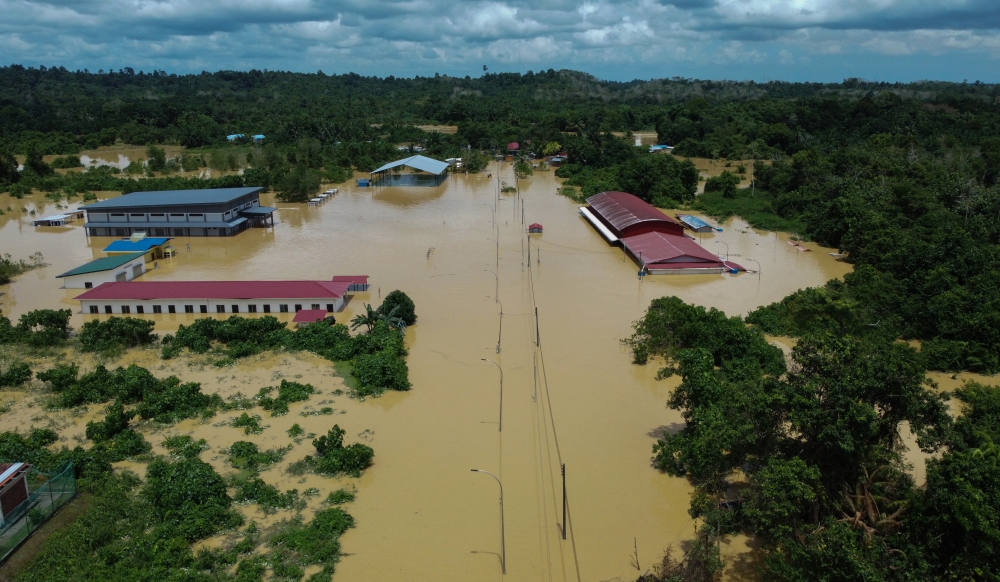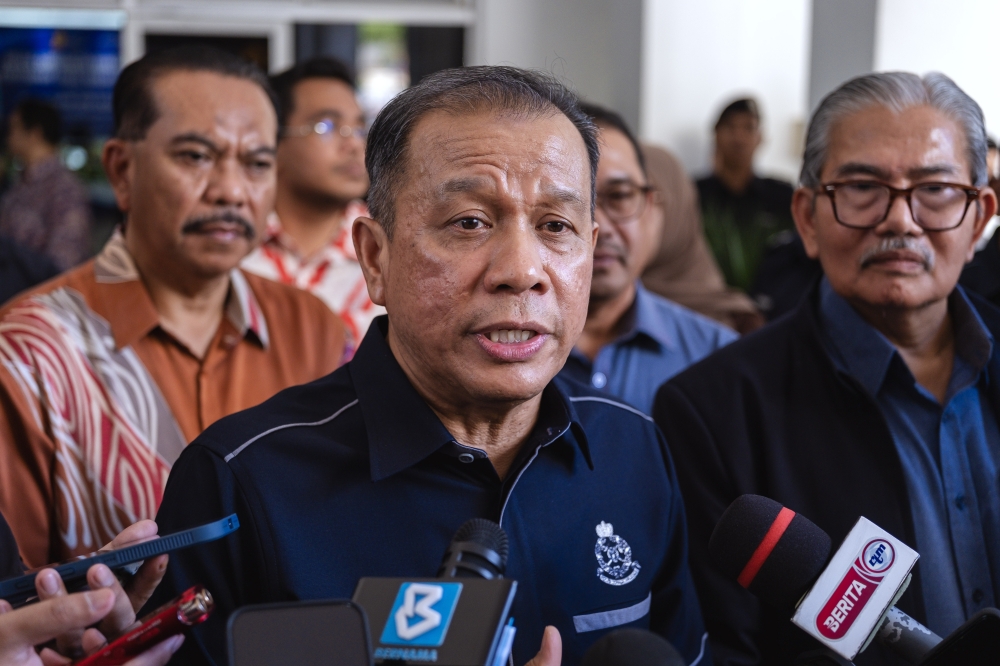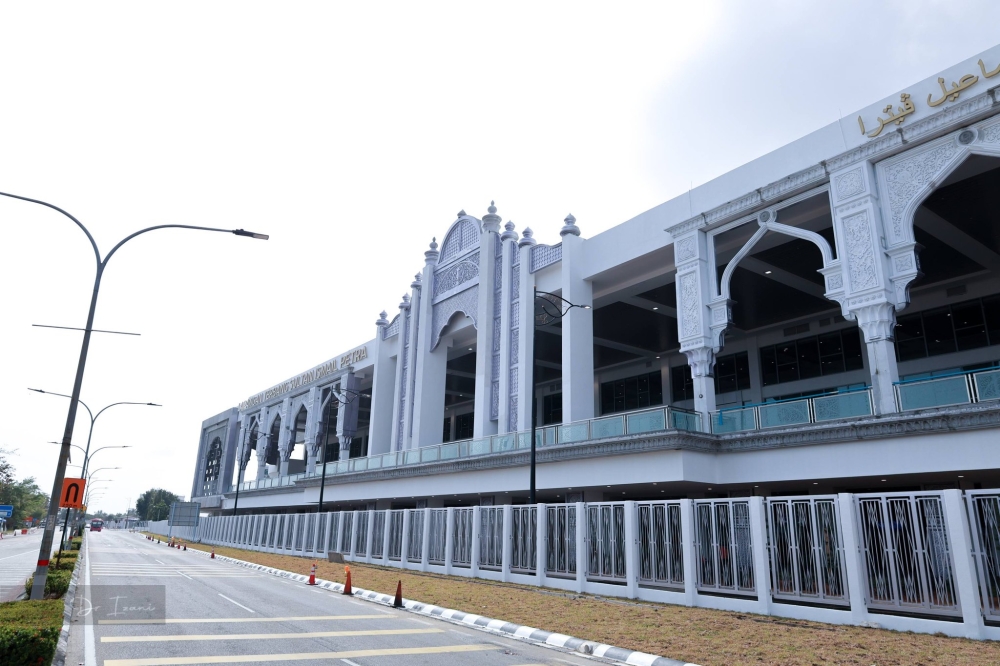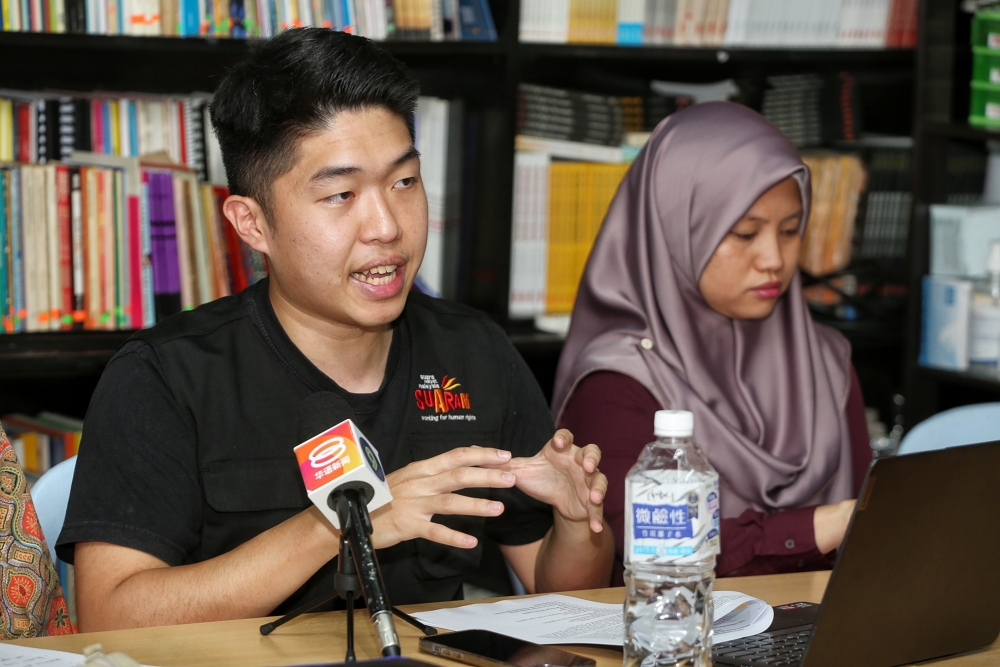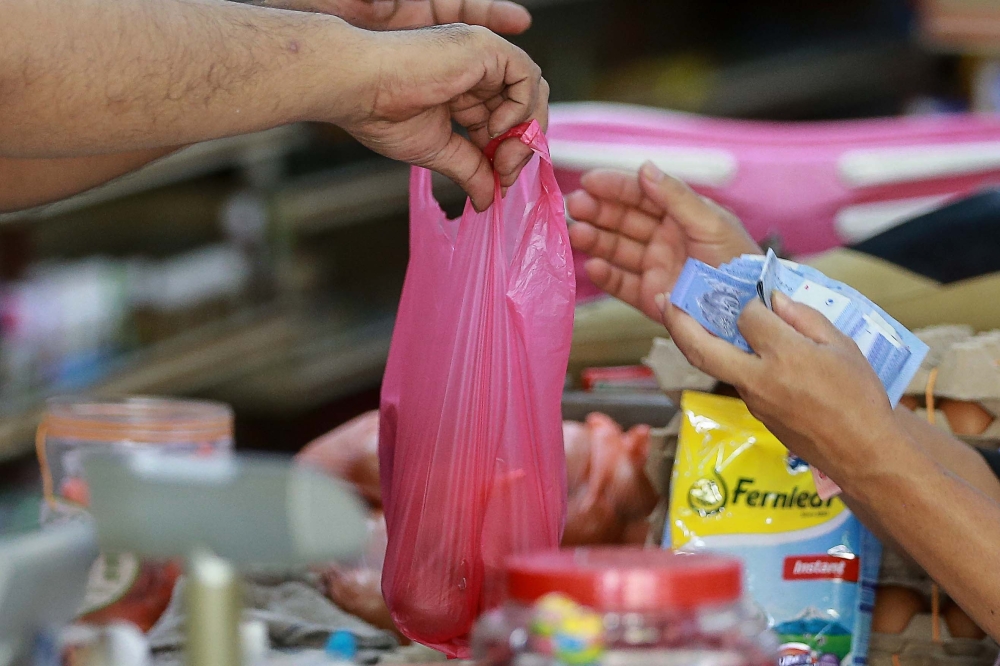PETALING JAYA, Jan 22 — Human rights group Suara Rakyat Malaysia (Suaram) today demanded that the government strengthen the Independent Police Conduct Commission (IPCC) as it is a crucial step in tackling the escalating issue of systemic police misconduct in the country.
Its coordinator Wong Yan Ke, said that police misconduct incidents are not isolated crimes but indicate a broader phenomenon within the police force, fuelled by a culture of impunity and a deficiency in implementing robust preventive measures.
“The unity government has missed the golden opportunity to strengthen the IPCC, which was crucial in addressing this systemic issue.
“As the largest enforcement agency in the country, the Royal Malaysian Police is tasked with the mandate of protecting the public. In these instances of misconduct, however, the officers have become perpetrators that pose a threat to public safety,” he said during a news conference here, today.
The views of Suaram were endorsed by 57 non-governmental organisations namely, the Centre for Independent Journalism, All Women’s Action Society, Justice for Sisters and the Coalition for Clean and Fair Elections (Bersih).
Wong added that the announcement of the appointment of five IPCC members by Home Minister Datuk Seri Saifuddin Nasution made two weeks ago, has come under scrutiny.
He pointed out that these appointments were made without engaging non-governmental stakeholders, particularly civil society organisations (CSOs).
“Upon scrutiny of the IPCC Act and the jurisdiction of the commission, it becomes evident that the unity government has failed to improve the said legislation in line with input from CSOs.
“It is noteworthy that content in the current Act diverges from the Pakatan Harapan coalition’s stance, which rejected the IPCC Bill in 2022,” he said.
Suaram also called for an open and transparent selection process for the remaining two commission member vacancies, ensuring diversity in the IPCC’s composition.
He also expressed reservations about the efficacy of the IPCC, noting its limitations compared to the proposed Independent Police Complaints and Misconduct Commission (IPCMC) from the Royal Commission of Inquiry in 2005.
“The IPCC is less effective as an oversight mechanism than the already inadequate Enforcement Agency Integrity Commission.
“We are concerned that inherent structural deficiencies within the IPCC will render the oversight mechanism to be a ‘toothless tiger’, irrespective of the competence and experience of the commission’s members,” he added.
He said that the IPCC’s inability to conduct searches and seizures, make unannounced visits to police lockups, and directly discipline offending officers raises concerns about its effectiveness in addressing police misconduct.
Wong also has called for immediate action to strengthen the IPCC by proposing a meeting between CSOs and IPCC members.
Suaram urged periodic reviews of the commission’s performance, legal amendments, and policy improvements to uphold best practices and international standards.
“It is also imperative to periodically review the commission’s performance and effectiveness once every two years, with review findings presented in Parliament.
“An independent and effective police oversight entity is crucial for not just the public but also the police force,” he said.
On January 10, Saifudin named Zolkopli Dahlan, a former director-general of the implementation coordination unit of the Prime Minister’s Department (PMD), as the chairman of the IPCC and Jazamuddin Ahmad Nawawi, former head of the PMD’s advisory board as the deputy chairman.
He said the commission’s members include former MACC senior director Tan Kang Sai, former Bukit Aman Logistics and Technology Department deputy director Shukri Abdullah, and former national audit department (financial sector) director Martina alias Kartina Zamhari.
When asked about the remaining two vacant positions, he explained that the ministry actively seeks candidates with the necessary expertise and exemplary records in their respective services through a headhunting process.

